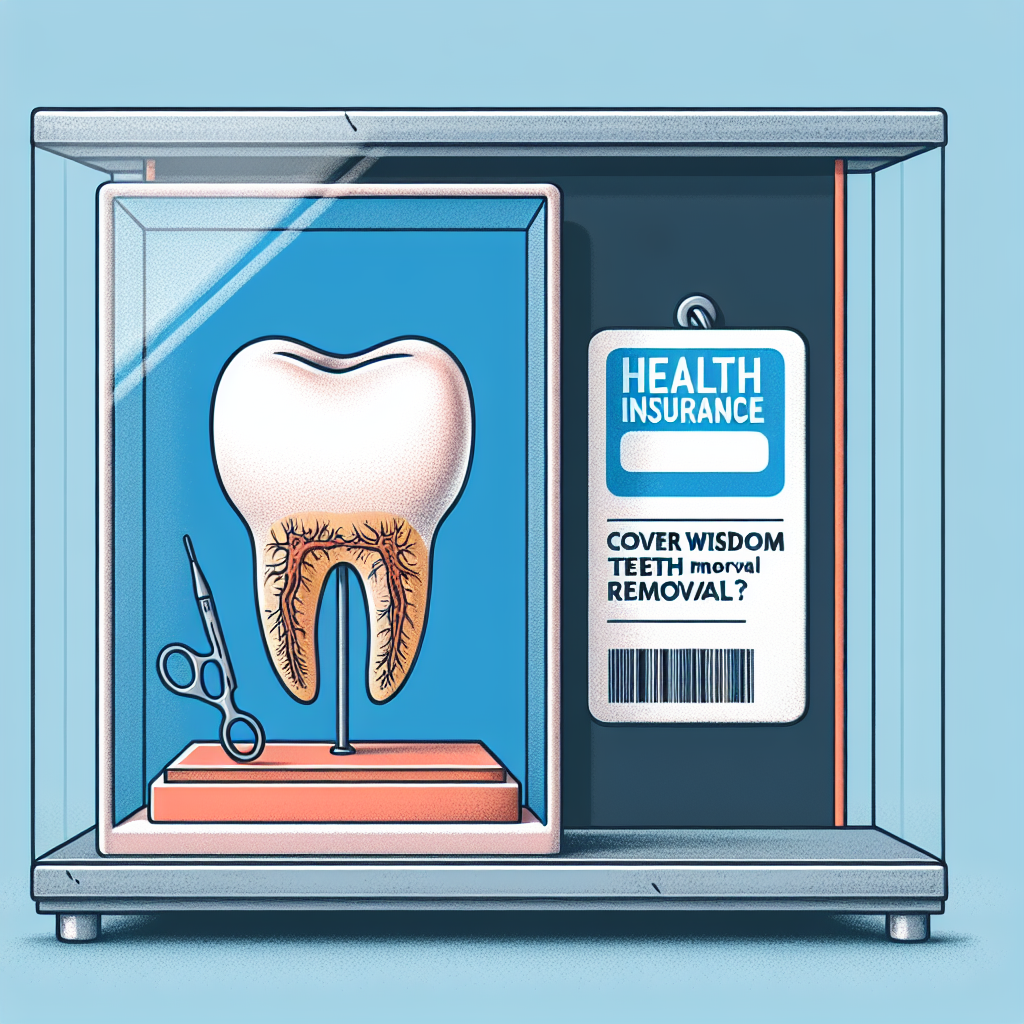Filed under Health Insurance on
Joint Legal Custody: Health Insurance Essentials Guide

Joint legal custody can be a delicate balance for divorced or separated parents, especially when it comes to health insurance essentials. In a joint legal custody arrangement, both parents share the responsibility for key decisions about their child’s welfare, including healthcare. Navigating health insurance in this scenario can be complex, but with the right understanding and strategies, it can be managed efficiently.
Understanding Joint Legal Custody
Joint legal custody means that both parents have the authority to make significant decisions regarding their child's life, including health, education, and general welfare. This legal arrangement requires parents to cooperate and communicate effectively to ensure that their child's needs are met without conflicts.
The Importance of Health Insurance in Joint Legal Custody
One of the most critical decisions under joint legal custody is managing the child's health insurance. Health insurance not only provides financial protection from unexpected medical expenses but also ensures that the child receives necessary healthcare without delays. Inconsistency or gaps in coverage can lead to substantial out-of-pocket expenses and potentially affect the child's wellbeing.
Determining Responsibility for Health Insurance
In determining which parent will be responsible for providing health insurance, there are several factors to consider:
- Employment and Access to Insurance: If one parent has access to employer-sponsored health insurance that covers dependents, it may make sense for that parent to provide insurance coverage.
- Financial Stability: The financial means of each parent can impact the decision. A parent with a higher income may be better positioned to cover health insurance costs.
- Geographic Considerations: If one parent lives in a location with superior healthcare networks, their insurance plan may offer better access to necessary medical services.
Deciding on the Type of Health Insurance
Parents can choose from several types of health insurance plans:
- Employer-Sponsored Plans: These often provide comprehensive coverage and may be more affordable due to employer contributions.
- Private Insurance: Purchased directly from an insurance company, these plans can be customized but are often more expensive than employer-sponsored plans.
- Government Programs: programs like Medicaid or CHIP, which provide coverage for children based on income eligibility, can be invaluable for parents who qualify.
Real-life example: Consider a family where one parent, John, works for a company that offers an extensive health insurance plan, while the other parent, Lisa, is self-employed. It would be pragmatic for John to cover the health insurance under his employer’s plan, ensuring comprehensive coverage and cost savings.
Communication and Cooperation
Successful navigation of health insurance under joint legal custody hinges on effective communication and cooperation between parents. Here are practical tips to facilitate this:
- Regular Updates: Schedule regular discussions to review and update each other on changes in insurance coverage, eligibility, or costs.
- Shared Documentation: Maintain shared access to insurance documents, ensuring both parents are informed about policy details, coverage, and any changes.
- Coordination of Benefits: If both parents have access to health insurance, coordinate benefits to optimize coverage and minimize out-of-pocket expenses.
A practical approach can be setting a monthly reminder to discuss any insurance-related issues, changes in the child's healthcare needs, or upcoming appointments that might affect insurance usage.
Handling Disputes
Disputes can arise in joint legal custody arrangements, often stemming from misunderstandings or differing opinions on what is best for the child. Here are ways to handle these disagreements:
- Mediation: An impartial third party can guide parents toward a mutually agreeable solution.
- Counseling: Professional counseling can improve communication and conflict resolution skills.
- Legal Advisement: Consulting a legal expert can clarify rights and responsibilities under joint custody agreements.
Consider Sarah and Mike, who were in disagreement over switching their child’s healthcare provider due to insurance network restrictions. By entering mediation, they concluded that maintaining network coverage outweighed the benefits of switching providers. This compromise ensured continuity in healthcare for their child.
FAQs: Health Insurance and Joint Legal Custody
1. Which parent is typically responsible for providing health insurance?
This responsibility depends largely on which parent has the most feasible insurance options. Often, the parent with employer-sponsored insurance may take on this role. However, it should be agreed upon mutually, considering financial status and geographic location.
2. What happens if both parents can provide health insurance?
If both parents have viable options for health insurance, they can either choose the plan with the best coverage and network or coordinate benefits to maximize coverage and reduce costs.
3. How do changes in employment affect health insurance coverage in joint custody?
If a parent loses or changes employment, it’s essential to communicate the change to ensure there is no lapse in coverage. Parents might need to explore COBRA, marketplace options, or rely on the other parent’s insurance temporarily until new coverage is established.
4. Are there penalties for not providing health insurance under joint custody?
While there might not be direct penalties, failing to cover your child adequately could lead to legal challenges. It’s critical to abide by the stipulations set forth in the custody agreement to avoid any legal repercussions.
5. Can court intervention help resolve disagreements in health insurance decisions?
Yes, if parents cannot agree, a court can intervene, often by enforcing the custody agreement or making a judgment based on the best interest of the child. However, court intervention can be time-consuming and expensive, so it's often used as a last resort.
Handling health insurance under joint legal custody requires a blend of strategic planning, clear communication, and a cooperative spirit between parents. By understanding the complexities involved, parents can ensure their child receives uninterrupted access to essential healthcare services while maintaining their financial stability.




